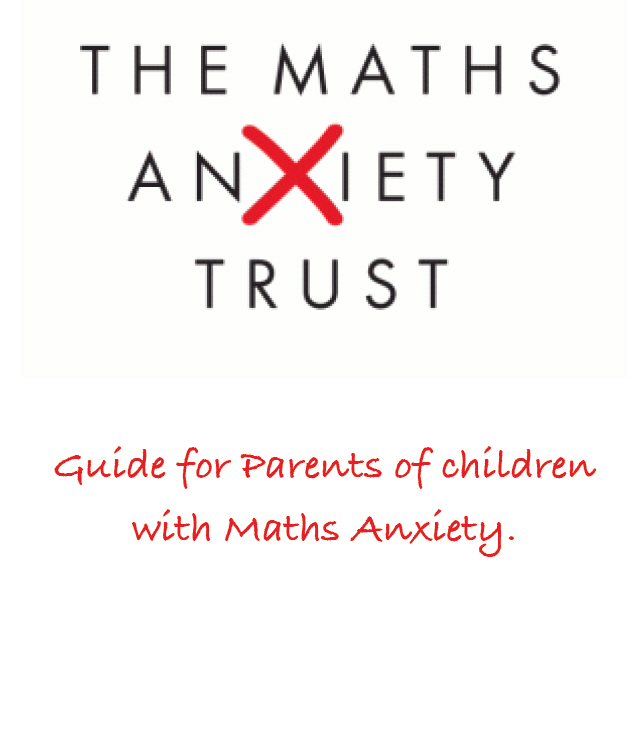
Maths Anxiety Coping Strategies Guide
Does your child get anxious before a maths lesson? Do they struggle over their maths homework? Have you noticed them fret when there’s a maths exam?
This free booklet has been commissioned by Maths Anxiety Trust and written by Helen Whitten a cognitive behavioural coach who presents techniques to overcome the negative effect of this condition.

